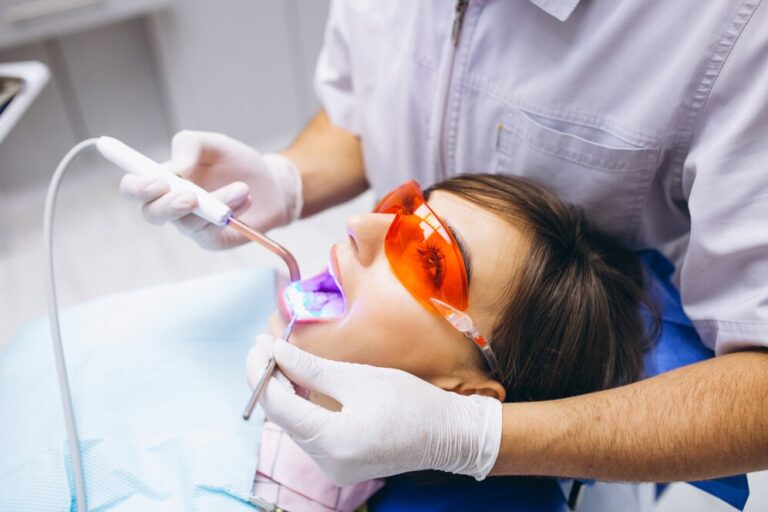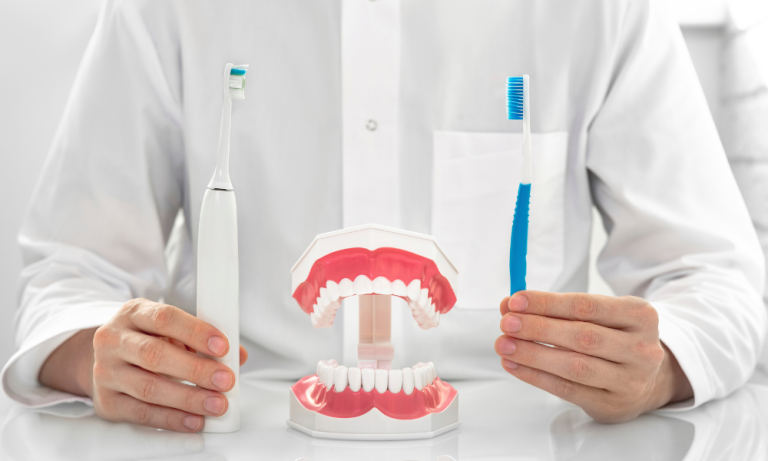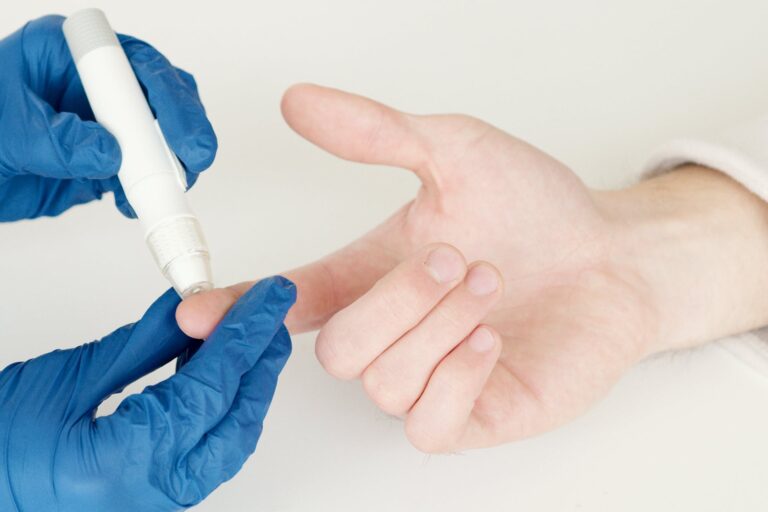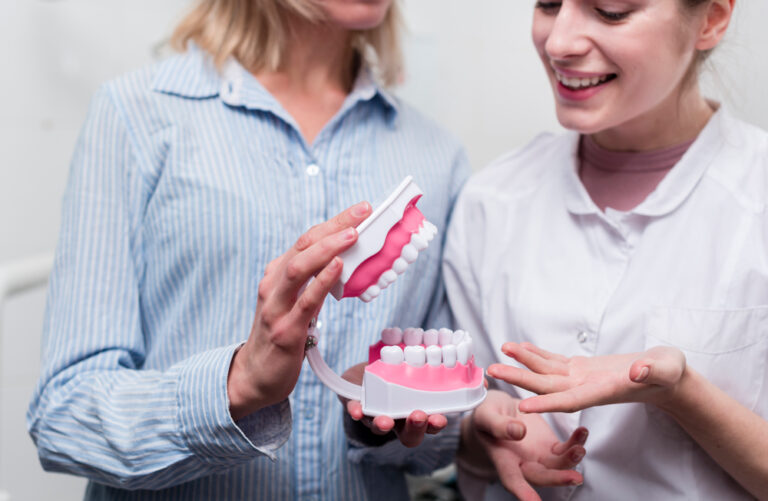Gum pain can be an annoying and uncomfortable problem that many of us face. Whether it’s due to poor dental hygiene, an injury, or a medical condition, gum pain can make eating, drinking, and even speaking a challenge. It’s essential to understand the underlying causes to find the most effective solutions and prevent further complications. We often experience gum pain due to inflammation or infection in the gums, and addressing these issues quickly can help put an end to the discomfort.
One of the simplest ways to manage gum pain at home involves using common items and practices that promote healing and relieve pain. Simple remedies can often provide significant relief and help you get back to your routine. Additionally, certain foods and drinks can soothe your gums and contribute to their healing. Knowing which foods to enjoy and which to avoid can make a big difference in managing gum pain.
Sometimes, despite our best efforts, home remedies may not be enough, and professional help becomes necessary. Recognizing when to see a dentist ensures that any severe conditions are treated promptly. By understanding the causes and implementing some effective home remedies, you can take control of your gum health and enjoy a pain-free mouth.
Understanding the Causes of Gum Pain
Gum pain can stem from various sources that affect the delicate tissues in your mouth. One common cause is poor oral hygiene. When we don’t brush and floss regularly, plaque builds up along the gum line, leading to inflammation and infection known as gingivitis. If left untreated, gingivitis can progress to periodontitis, a more severe gum disease causing persistent pain and potential tooth loss. Another frequent cause is injury to the gums from harsh brushing, flossing too aggressively, or eating sharp foods like chips or crusty bread.
Certain medical conditions can also result in gum pain. For example, hormonal changes during pregnancy can make gums more sensitive and prone to swelling, a condition known as pregnancy gingivitis. Similarly, conditions like diabetes can impact gum health, making gums more vulnerable to infections. Even ill-fitting dentures or braces can contribute to sore and irritated gums. By recognizing these various causes, we can take appropriate steps to prevent and treat gum pain effectively.
Simple Home Remedies to Soothe Gum Pain
Several simple home remedies can help soothe gum pain and promote healing. One effective method is to rinse your mouth with warm salt water. Mix a teaspoon of salt into a glass of warm water and swish it around your mouth for about 30 seconds before spitting it out. Saltwater helps reduce inflammation, fights bacteria, and soothes irritated gums. We recommend doing this a few times a day for the best results.
Applying a cold compress to the outside of your mouth can also provide relief. Wrap a few ice cubes in a clean cloth and hold it against your cheek where the gum pain is located. The cold helps numb the area, reducing pain and swelling. Another remedy involves using a warm tea bag. After steeping a tea bag in boiling water, let it cool until it’s warm to the touch, then place it directly on the sore gums. The tannic acid in tea has natural anti-inflammatory properties that can ease discomfort. These remedies, combined with proper oral hygiene, can help manage pain until any underlying issues are resolved.
Foods and Drinks That Help Alleviate Gum Discomfort
Certain foods and drinks can help soothe gum pain and promote the healing process. Fresh fruits and vegetables that are rich in vitamins and antioxidants can strengthen your teeth and gums. For example, eating apples, carrots, and celery, not only gives your mouth a mild workout but also helps clean the teeth and gums naturally. These crunchy foods stimulate saliva production, which can help wash away food particles and bacteria from your mouth.
Green tea is another excellent choice for those suffering from gum pain. It contains natural anti-inflammatory compounds that can reduce gum swelling and discomfort. Drinking plenty of water throughout the day also keeps your mouth hydrated and helps flush out bacteria that can cause gum infections. Avoiding sugary and acidic foods like candy and soda is equally important, as these can aggravate gum pain and contribute to further inflammation. Including these beneficial foods and drinks in your diet can make a noticeable difference in alleviating gum discomfort.
When to Seek Professional Help for Gum Pain
While home remedies and proper diet can be very effective, it’s essential to know when it’s time to seek professional help for gum pain. If you experience persistent gum pain that doesn’t improve with home care, it’s a signal that something more serious might be wrong. Swollen, red, or bleeding gums that don’t heal could indicate an underlying condition like periodontitis, requiring professional treatment.
Additionally, if you notice signs such as pus between your gums and teeth, loose teeth, or a receding gum line, these are cause for concern and need prompt attention from a dental professional. We advise not to ignore severe symptoms like fever or spreading swelling, as these could be signs of a significant infection. Early diagnosis and treatment from experts like us can prevent further complications and restore your gum health.
Conclusion
Taking proactive steps to manage gum pain with home remedies, proper diet, and understanding when to seek professional help can make a big difference in maintaining healthy gums. Knowing what causes gum pain and addressing it promptly ensures your oral health stays in top shape. Simple practices like using saltwater rinses, cold compresses, and eating gum-friendly foods can alleviate discomfort effectively.
If gum pain persists or becomes severe, don’t hesitate to contact Colorado Gum Care Northglenn, CO. We are here to provide expert care and comprehensive treatments to keep your gums and teeth healthy. Schedule an appointment with Colorado Gum Care Northglenn, CO, today, and let our dentist in Westminster, CO, help you achieve optimal gum health and relief from pain.







